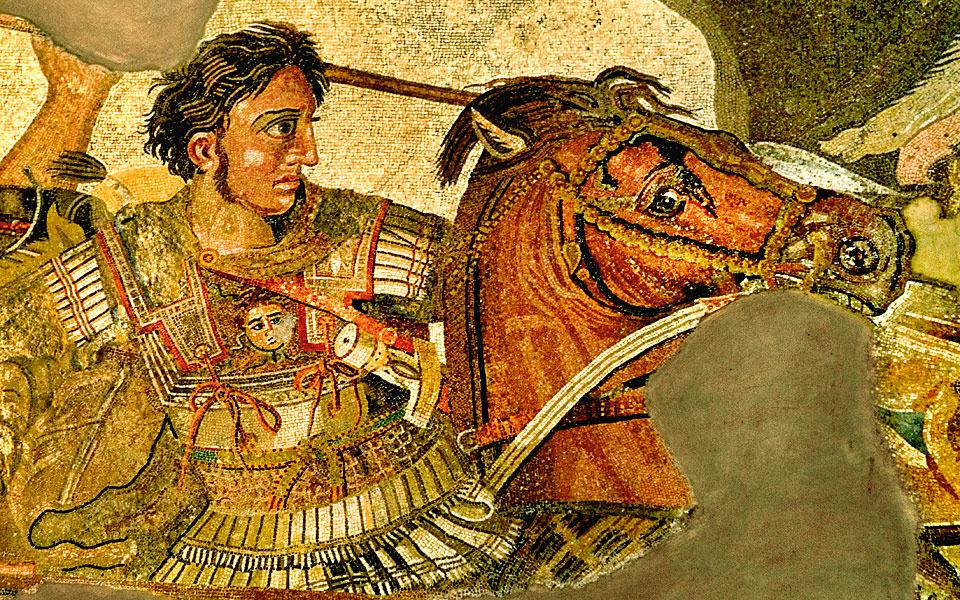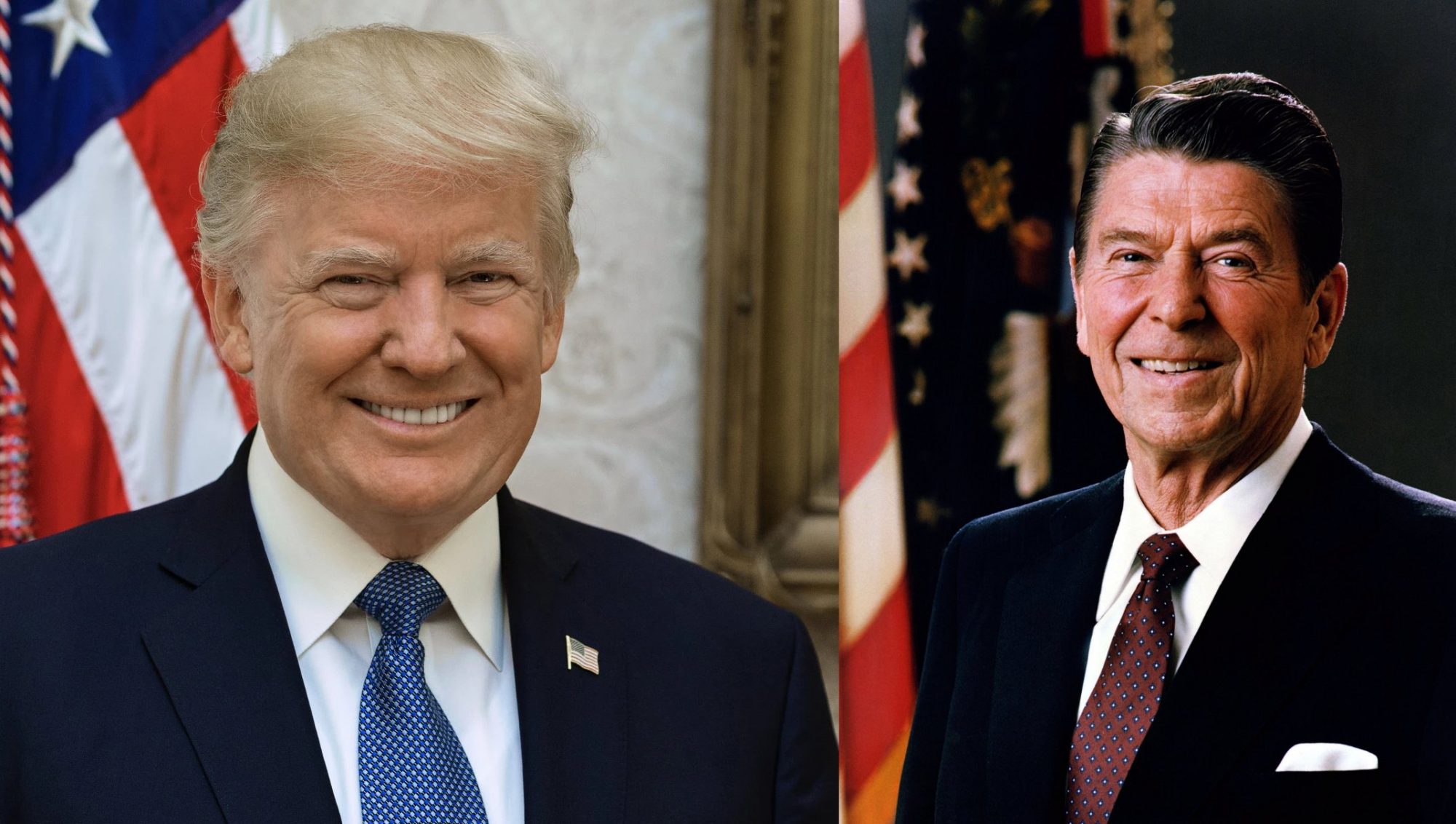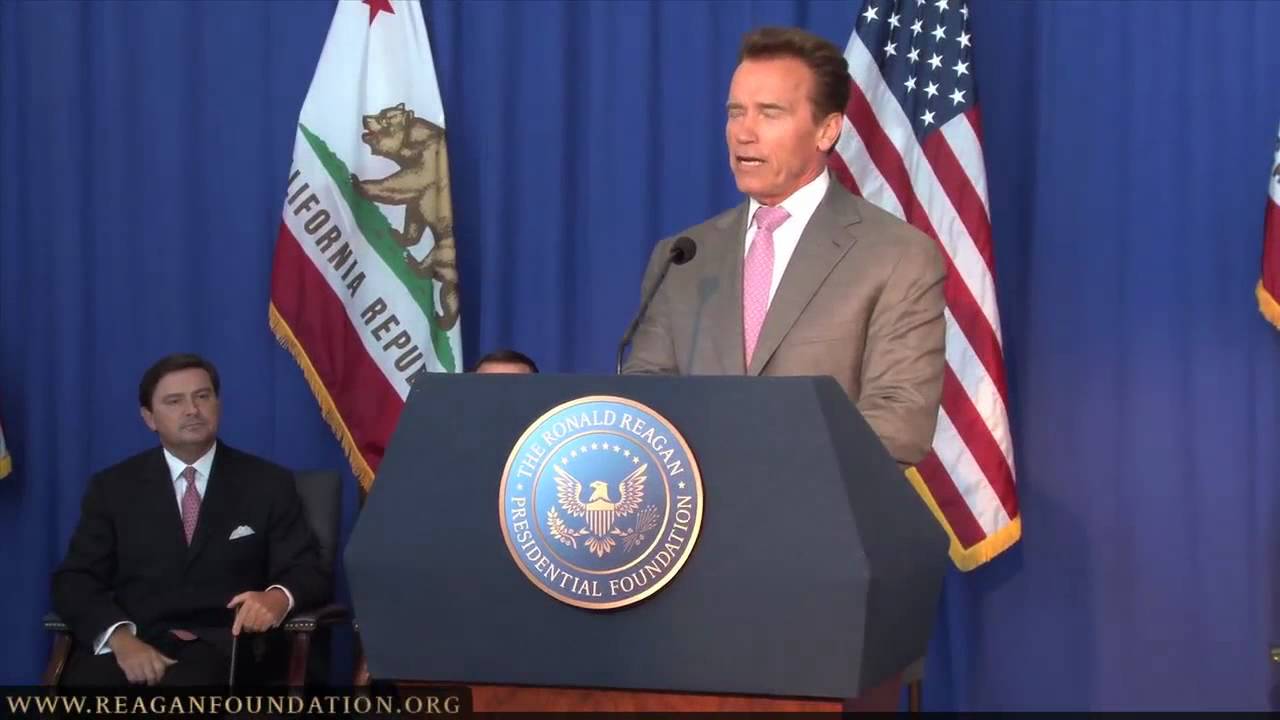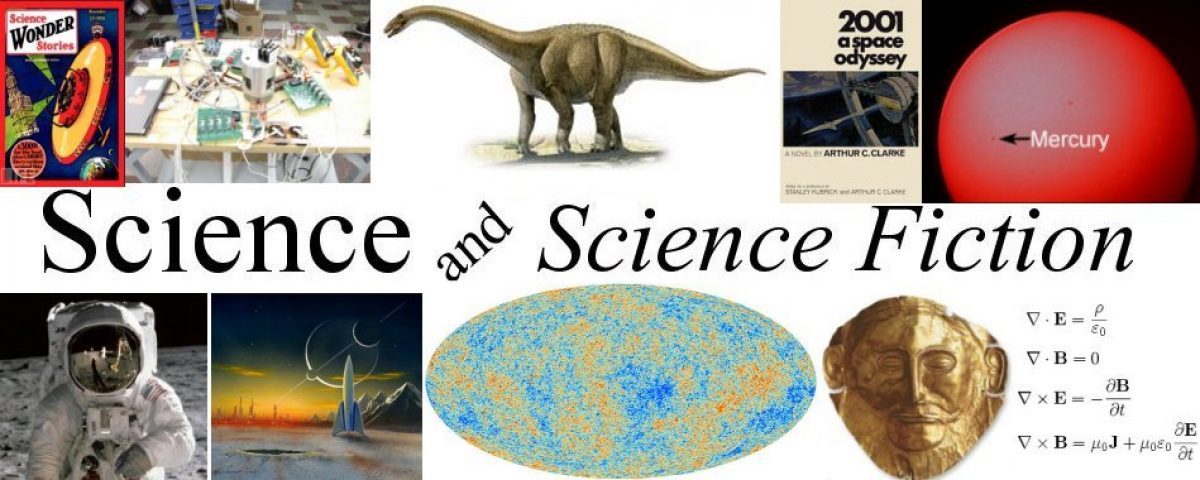Fame and power have always gone hand and hand. As far back as Alexander the Great and Julius Caesar men vying for authority often sought celebrity status as a means toward that goal. Think about, doesn’t the very name ‘Alexander the Great’ sound like something a public relations consultant would think up.

In our modern era we have become familiar with entertainers, actors, musicians and athletes, turning their notoriety into political office. Here in America we have now elected two such men, Ronald Reagan and Donald Trump, to the highest office in our country, the Presidency of the United States, often referred to as the most powerful position in the world.

Why do we do it? Why do we choose inexperienced amateurs as our political leaders instead of seasoned politicians? And why do people who have had success in the entertainment world even think that they are qualified to hold public office?

Those are some of the questions that Dr. Lauren Wright, a lecturer in Politics and Public Affairs at Princeton University seeks to answer in her book ‘Star Power, (American Democracy in the Age of the Celebrity Candidate)’. In her book Dr. Wright surveys the latest studies and polls related to the whole issue of celebrities running for public office, examining the advantages that celebrities have over traditional politicians as well as the justifications that celebrities give for entering the political arena.

Dr. Wright separates her study into four subsections, each of which is a chapter in ‘Star Power’. The first chapter is a brief review of the interplay between celebrity status and political power through history starting with Alexander and Caesar but concentrating on celebrities in American history. Dr. Wright even takes a bit of time to describe the race for California governor by the author Upton Sinclair in 1934 pointing out numerous resemblances between that campaign and Donald Trump’s race for President.

In chapter two the question of why celebrities run for office is considered. Why does someone who has seen success in film or the concert hall or ball field think that their skill as an entertainer will translate into success as a member of government? Starting with the actual reasons that celebrities give for running Dr. Wright then goes into the psychology of famous people, their need for acclaim along with their conceit that they can do anything because the flatterers around them tell them they can.

Chapter three considers the way that the public treats celebrities differently from normal folk, even normal folk like politicians. In fact Dr. Wright lists seven qualities that celebrities possess that the average politician would love to have. These qualities are Name Recognition, Favourability, Relatability, Outsider Status, Large and Passionate Following, Fundraising and Media Attention. I’ll just discuss one of these in passing because I have never understood why people think that an ‘outsider’ without any experience in government, is in any way preferable to a politician who actually knows how to do the job.

Here in Pennsylvania we recently had a celebrity TV doctor, Memhet Oz who ran for the US Senate against the former mayor of the city of Braddock who is currently our state’s Lieutenant Governor, John Fetterman. As a part his campaign Oz has on many occasions criticized Fetterman as ‘A Career Politician’, in other words someone with training and experience, while he as an outsider is better suited for the post. Why do we even consider such an illogical argument when we would never think of hiring someone like a cab driver to fix our plumbing? (P.S. Fetterman won thankfully!)

Chapter four then considers the question of ‘Do voters actually prefer Celebrity Candidates over more Traditional Politicians’. Here’s where things get kinda scary because although in poll after poll people claim that they do not prefer celebrities in fact such absolute amateurs as Arnold Schwarzenegger, Sonny Bono and Jesse Ventura, to say nothing of Donald Trump, have all been elected to high office. People it seems do not want a polltaker to think they would vote for a celebrity, but in fact they often do.

Psychologists often use a technique known as a ‘Paired Choice Experiments’ in order to gage the true reactions of people when we’d rather not have our true reactions known. As an example when given a choice between the extremely well known celebrity Oprah Winfrey or the much less known US Senator Cory Booker the TV star wins easily, the seven advantages mentioned above that celebrities have now become more relevant.

Finally Dr. Wright considers the effect that celebrity candidates are having on the very fabric of our democracy. Several times she uses quotations from ‘The Federalist Papers’ to show how our founding fathers feared the rise of a popular demagogue and how that fear seems to be coming true today. Celebrity candidates are with us for good or ill, and we are just going to have to adjust to them.

I do have several criticisms of ‘Star Power’ however. For one thing while the book does show some charts displaying data it could use a lot more. Dr. Wright often talks her way through a lot of data rather than showing it. As a firm supporter of ‘a picture is worth a thousand words’ I like charts and ‘Star Power’ needed more charts. Another similar problem is that of paragraphs, over and over again there are pages with only two or three paragraphs, and my copy of ‘Star Power’ had small print so there were a lot of sentences running together in each paragraph. These two defects combine to make ‘Star Power’ a bit difficult to read, I found myself growing blurry eyed at times.

Which is a shame because ‘Star Power’ is a very important book, about a subject that needs a comprehensive but still accessible book to help the public understand the issues at play. For all its faults I recommend ‘Star Power (American democracy in the Age of Celebrity Candidates) as one small thing we can do to help preserve our democracy.
